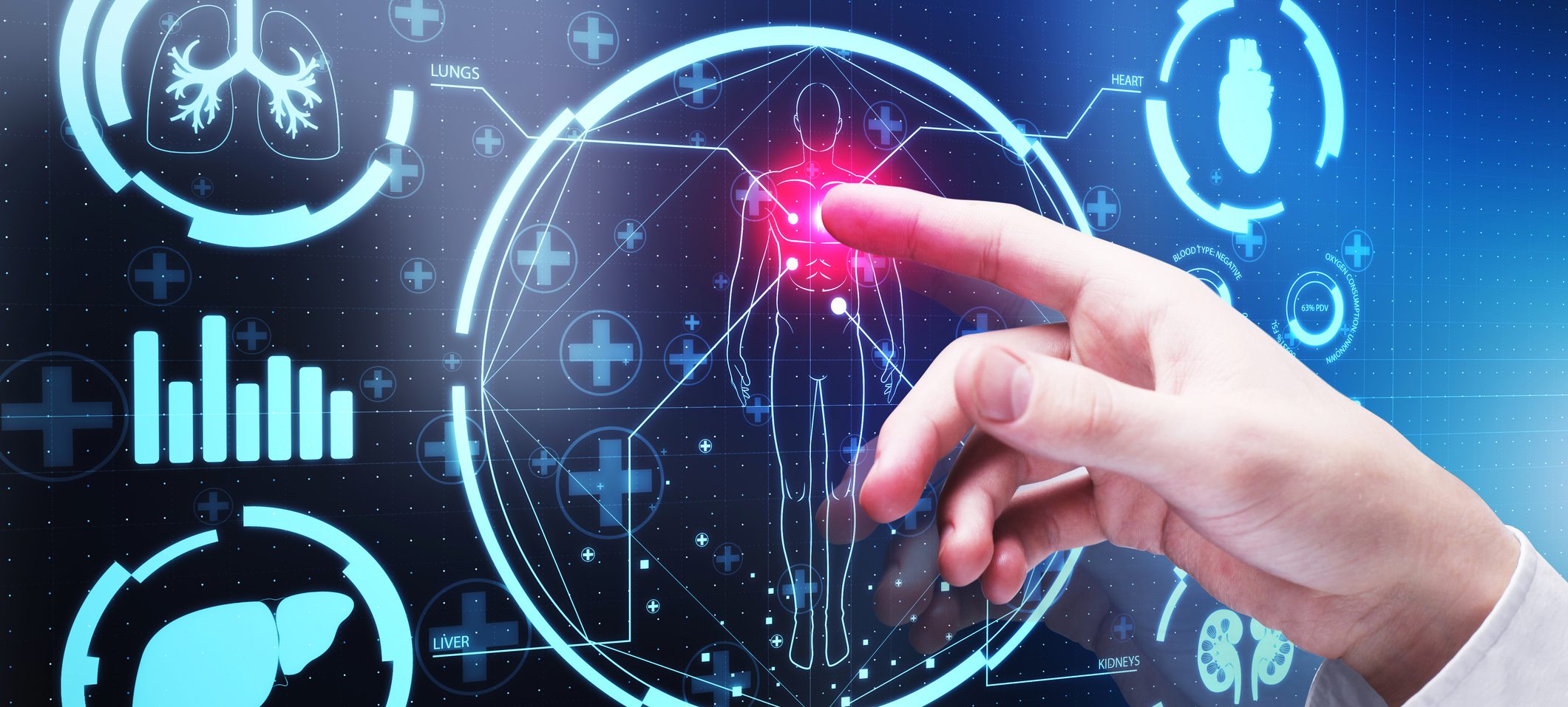With the public availability of ChatGPT 3.5 in fall 2022 at the latest, artificial intelligence in the sense of large language models (LLMs) is on everyone’s lips. However, it is often forgotten that this is only the provisional end point of decades of development of artificial intelligence, which, despite its great potential, still has many limitations. The question for practising doctors is how this technology can be used sensibly in everyday clinical practice – and how it should not be used.
Autoren
- Dr. med. Lukas Dürst
- Dr. med. Marc Oertle
Publikation
- InFo PNEUMOLOGIE & ALLERGOLOGIE
Related Topics
You May Also Like
- From symptom to diagnosis
Abdominal pain – angiosarcoma
- Pediatric epilepsy
Diazepam nasal spray for infants
- Findings from research on the generalization of exposure therapy
Treatment of comorbid anxiety
- Symptom-free despite asthma?
Asthma treatment requirements have increased
- Phytotherapy for rhinosinusitis
Evidence, active substances and clinical classification for medical practice
- Pulmonary hypertension
PH and lung diseases
- Contact eczema
Causes and prevention at work
- Respiratory infections: viral bronchitis or bacterial pneumonia?











